Arkansas Autism Resources
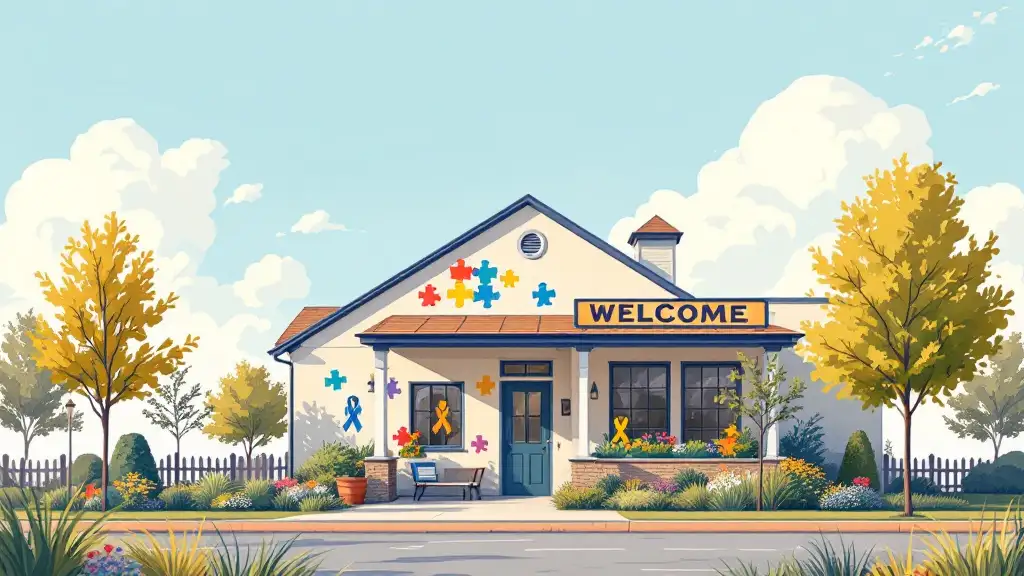

An Overview of Autism Resources in Arkansas
Arkansas offers a comprehensive network of resources, support centers, diagnostic services, and advocacy programs dedicated to improving the lives of individuals with autism spectrum disorder (ASD) and their families. From early diagnosis and intervention to community involvement and ongoing research, the state's initiatives aim to foster inclusion, understanding, and independence for all affected by autism.
Central Autism Support and Outreach Centers in Arkansas

What autism resources and support centers are available in Arkansas?
In Arkansas, families affected by autism can turn to the Arkansas Autism Resource and Outreach Center (AAROC) as a primary hub of support and information. Established in 2008, AAROC is a dedicated nonprofit organization that aims to foster hope and provide guidance for families, caregivers, and educators dealing with autism spectrum disorder (ASD). The center offers a variety of services, including training sessions, technical assistance, and direct support. These activities help parents understand their child's diagnosis, navigate complex service systems, and access educational or therapeutic resources.
AAROC also hosts several community events and workshops, such as the annual Family Fun Day at the Little Rock Zoo and various awareness campaigns. Their efforts are supported by partnerships with state agencies, private donors, and community organizations. For comprehensive assistance, visit their website or contact them directly to learn about upcoming training opportunities and support programs.
What diagnostic options are available for autism in Arkansas?
Early and accurate diagnosis is essential in managing autism effectively. Arkansas offers several diagnostic centers where children can be evaluated for ASD. Notable facilities include the Dennis Developmental Center, Schmieding Developmental Center, and the Community-Based Autism Liaison and Treatment Project.
These centers employ a team of licensed clinicians such as physicians, psychologists, and speech-language pathologists who work collaboratively to conduct thorough assessments. The diagnosis process generally involves multiple evaluations to confirm ASD, often requiring at least two licensed professionals for validation.
Identifying autism early enables children to access vital services like the Autism Waiver, which provides intensive, personalized interventions from ages 18 months to five years. It also opens the door to therapies such as Applied Behavior Analysis (ABA), which are crucial for skill development and social interaction.
Support and training programs for families
Arkansas is committed to supporting families through a variety of training programs and resources. Organizations like the Arkansas Autism Resource and Outreach Center and local nonprofits such as AIM (Autism Involves Me) in Rogers provide educational seminars, sensory-friendly events, and grants for therapeutic equipment.
These programs are designed to equip families with practical strategies for daily living, managing therapies, and advocating for their children’s needs. Many of these services are offered free of charge, thanks to funding from the Governor’s office, donations, and grants.
Support groups and community outreach efforts foster a network of families sharing experiences and advice, which greatly benefits those navigating autism diagnoses.
| Organization | Focus Area | Contact Details | Notes |
|---|---|---|---|
| AAROC | Resource and Outreach | https://www.abtaba.com/blog/free-sensory-toys-for-autism | Offers training, events, and support |
| AIM | Family support in NW Arkansas | Phone: 479-381-5570, Email: info@autisminvolvesme.org | Provides programs, grants, community outreach |
| Arkansas Autism Foundation | Community events | Check local listings | Hosts large gatherings like Blue Tie Blue Jean Ball |
This network of centers and programs reflects Arkansas’s dedicated effort to enhance the quality of life for individuals with autism and their families.
Understanding Autism Services and Funding in Arkansas
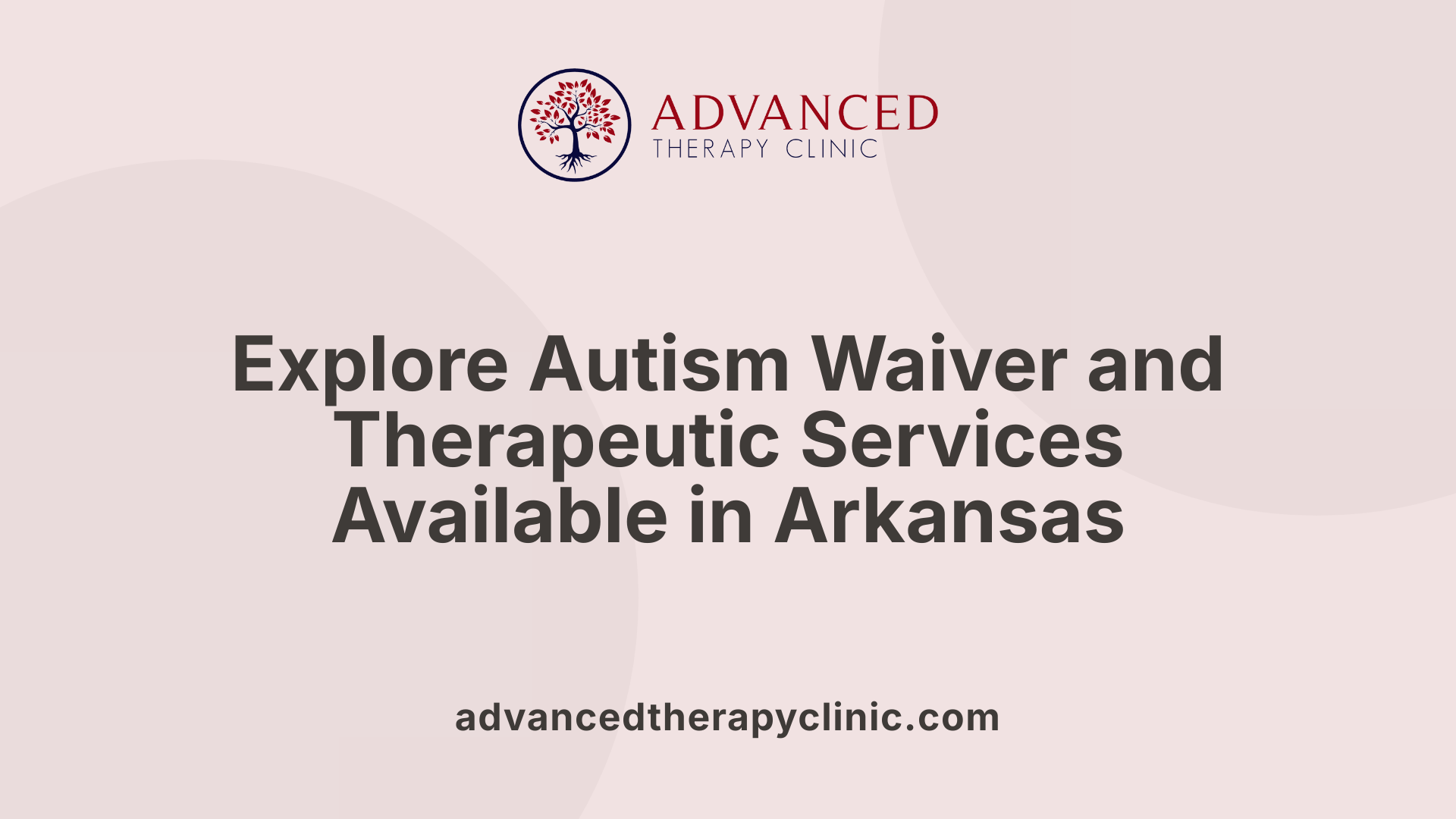
What is the Autism Waiver program in Arkansas and how can I apply?
The Autism Waiver program in Arkansas is a Medicaid-funded initiative that provides intensive, personalized early intervention services for children aged 18 months to 8 years diagnosed with autism spectrum disorder (ASD). This program is designed to support young children with autism by offering services such as behavioral therapy, assessments, and family training, with the goal of promoting development and independence.
To qualify, children must have a formal diagnosis from a licensed clinician, such as a physician, psychologist, or speech-language pathologist. They also need to meet certain income and care requirements and must begin receiving services before their fifth birthday. Applications for the Autism Waiver are accepted on an ongoing basis until all available slots are filled.
Parents interested in applying can complete an application form, which is available in multiple languages, and send it directly to Partners for Inclusive Communities. Assistance with the application process can be obtained through local Department of Human Services (DHS) caseworkers or advocacy organizations like the Arkansas Autism Partnership. For further guidance, contacting your local DHS office or the Arkansas Autism Partnership can provide helpful support.
Are there therapies available for children with autism in Arkansas?
Yes, Arkansas offers several therapeutic services for children diagnosed with autism. One of the most common and evidence-based treatments is Applied Behavior Analysis (ABA) therapy. ABA aims to teach children new skills and improve social interactions through systematic teaching methods. It is available for children aged 18 months to 21 years enrolled in the Children's Health Services program.
In addition to ABA, support organizations like the Arkansas Autism Foundation promote early intervention strategies, and local support groups provide community-based assistance. These therapies and interventions can be accessed through various funding sources, including Medicaid, private insurance, or private pay, depending on the family's circumstances. Tailoring therapy to the child's individual needs is a focus, ensuring that each child receives appropriate and effective intervention.
Educational Programs and Community Outreach in Arkansas
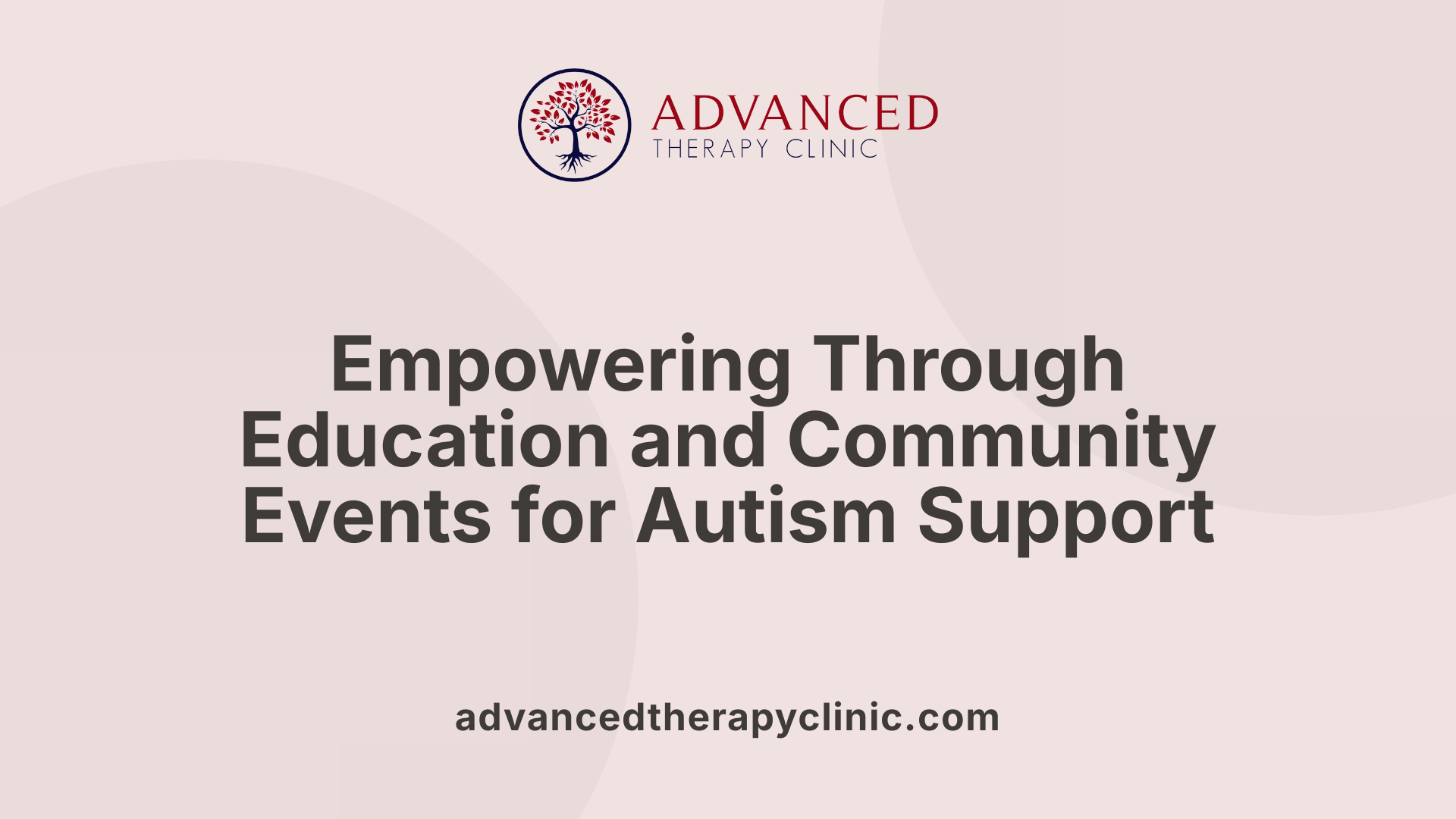
What educational and support programs are offered for families and individuals affected by autism?
Arkansas provides a wide range of programs aimed at supporting families and individuals with autism. The University of Arkansas Autism Support Program offers tailored assistance such as academic help, social skills training, and support services for students with high-functioning autism, helping them thrive in educational environments.
The Arkansas Autism Foundation actively promotes awareness and community engagement through hosting autism-friendly events like workshops and training sessions. One notable event is the Blue Tie Blue Jean Ball, which raises funds specifically dedicated to autism services, benefiting local families and programs.
Additionally, support organizations such as the Autism Society of Arkansas and the Arkansas Autism Foundation play vital roles. They provide advocacy resources, organize community programs, and offer support to help families navigate the many challenges of autism. These organizations emphasize fostering environments that promote growth, independence, and inclusion.
How can I connect with autism advocacy groups in Arkansas?
Families and individuals interested in advocacy can connect with several prominent organizations in Arkansas. The Autism Society of Arkansas and the Arkansas Autism Foundation are central hubs for resources, community activities, and training focused on autism awareness and rights.
The Arkansas Autism Resource & Outreach Center (AAROC) also provides crucial support, helping families understand diagnoses, engage with educational services, and access therapy options.
Joining events organized by these groups, subscribing to their newsletters, and participating in advocacy campaigns are excellent ways to get involved and stay informed. Many of these groups maintain active social media pages, making it easier than ever to engage with the autism community and access timely updates on upcoming events and resources.
Additional Resources and Search Tips
For further engagement and updated information, consider searching for terms such as ‘Arkansas autism community organizations,’ ‘autism advocacy Arkansas,’ and ‘autism support events Arkansas.’ These searches lead to local support networks, educational programs, and engagement opportunities, ensuring families and individuals find the support they need to thrive.
Research, Monitoring, and Future Initiatives in Arkansas
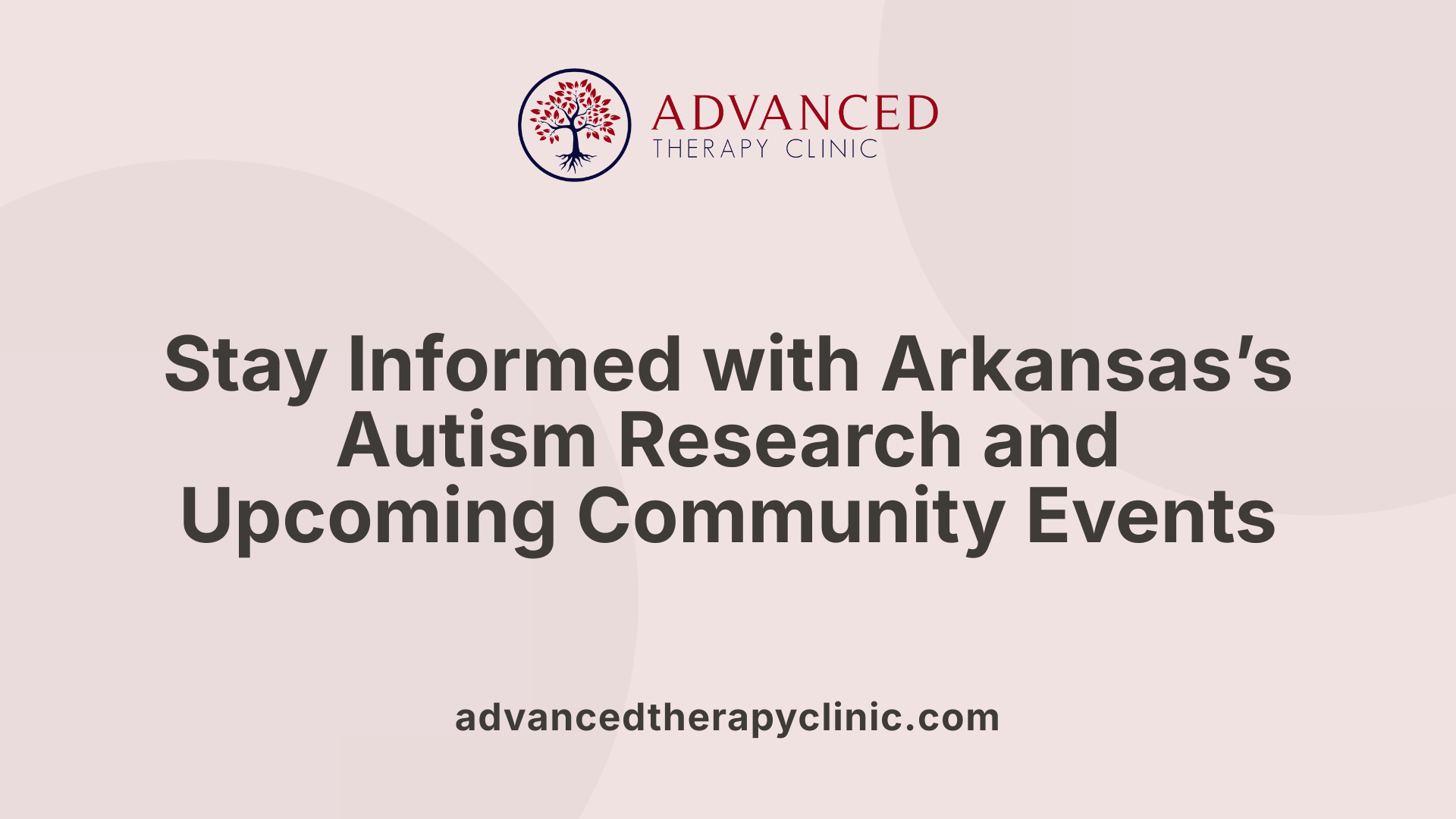
Are there ongoing research or monitoring initiatives related to autism in Arkansas?
Arkansas is actively involved in autism research and surveillance efforts. The Arkansas Autism and Developmental Disabilities Monitoring (AR ADDM) program plays a crucial role in understanding autism prevalence in the state. This program tracks autism diagnoses among children aged 4 and 8 across 21 counties, providing vital data on how common autism is and how diagnosis rates are changing over time.
AR ADDM collaborates closely with the Arkansas Department of Health and the Department of Education. They use health and education records to monitor trends in autism diagnoses, helping policymakers and healthcare providers to plan appropriate services.
In addition to state efforts, the University of Arkansas conducts nationwide studies on autism detection and management. These research initiatives contribute valuable insights that improve early detection, intervention techniques, and support services, benefiting children and families across Arkansas.
These ongoing efforts are essential to refining autism services and understanding how prevalence may evolve, ensuring Arkansas stays informed and proactive in supporting its autism community.
What upcoming autism-related events are planned in Arkansas?
Arkansas hosts several family-friendly events aimed at increasing awareness and fostering community support. Notable among these is the Autism Festival & Walk 2025 organized by the Arkansas Autism Foundation. Scheduled for April 12, 2025, at War Memorial Stadium in Little Rock, this free event offers fun activities such as entertainment, inflatables, refreshments, an egg hunt, and a resource fair.
These events serve as platforms for families, advocates, and community members to come together, celebrate diversity, and learn more about autism support services. Larger initiatives like Autism Speaks Walks also raise funds for autism research and awareness.
Participation in such events helps to promote understanding, inclusion, and better services for individuals with autism across Arkansas. They foster community engagement and inspire ongoing support for families affected by autism in the state.
Building a More Inclusive Arkansas
Through a combination of dedicated resource centers, support programs, advocacy efforts, and ongoing research, Arkansas is committed to improving the quality of life for individuals with autism and their families. Continued community involvement and awareness initiatives ensure that Arkansas remains a welcoming and supportive environment where individuals with autism can thrive and reach their full potential.
References
- aaroc.org
- Autism Services - Arkansas Department of Human Services
- Arkansas Autism Foundation
- Arkansas Autism Resource and Outreach Center (AAROC)
- [PDF] Autism Resource Guide - Arkansas Total Care
- Arkansas Autism Resource and Outreach Center
- Autism Resources - Medical Associates of Northwest Arkansas
Recent articles
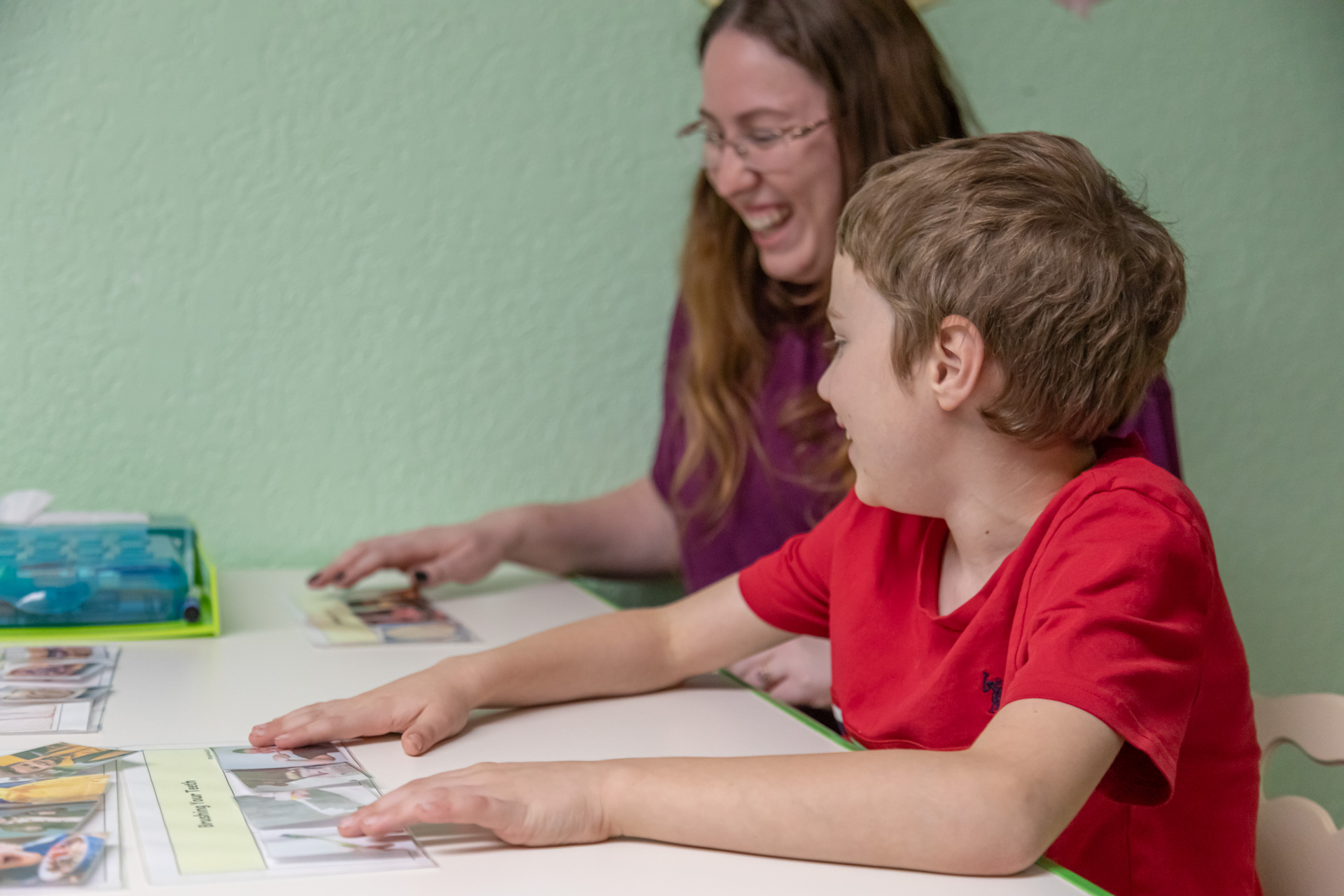
Celebrating Small Wins: How Therapy Helps Kids Build Confidence All Year Long
Learn why small wins in therapy matter, how they boost your child’s confidence, and simple ways families can celebrate progress all year long.

Empowering Missoula Children to Grow With Confidence and Connection
Learn how ABA therapy in Missoula helps children build communication, independence, and confidence through personalized, family‑centered support at Advanced Therapy Clinic.

Compassionate Pediatric Therapy in Butte, Montana
A welcoming place where every child’s potential is celebrated
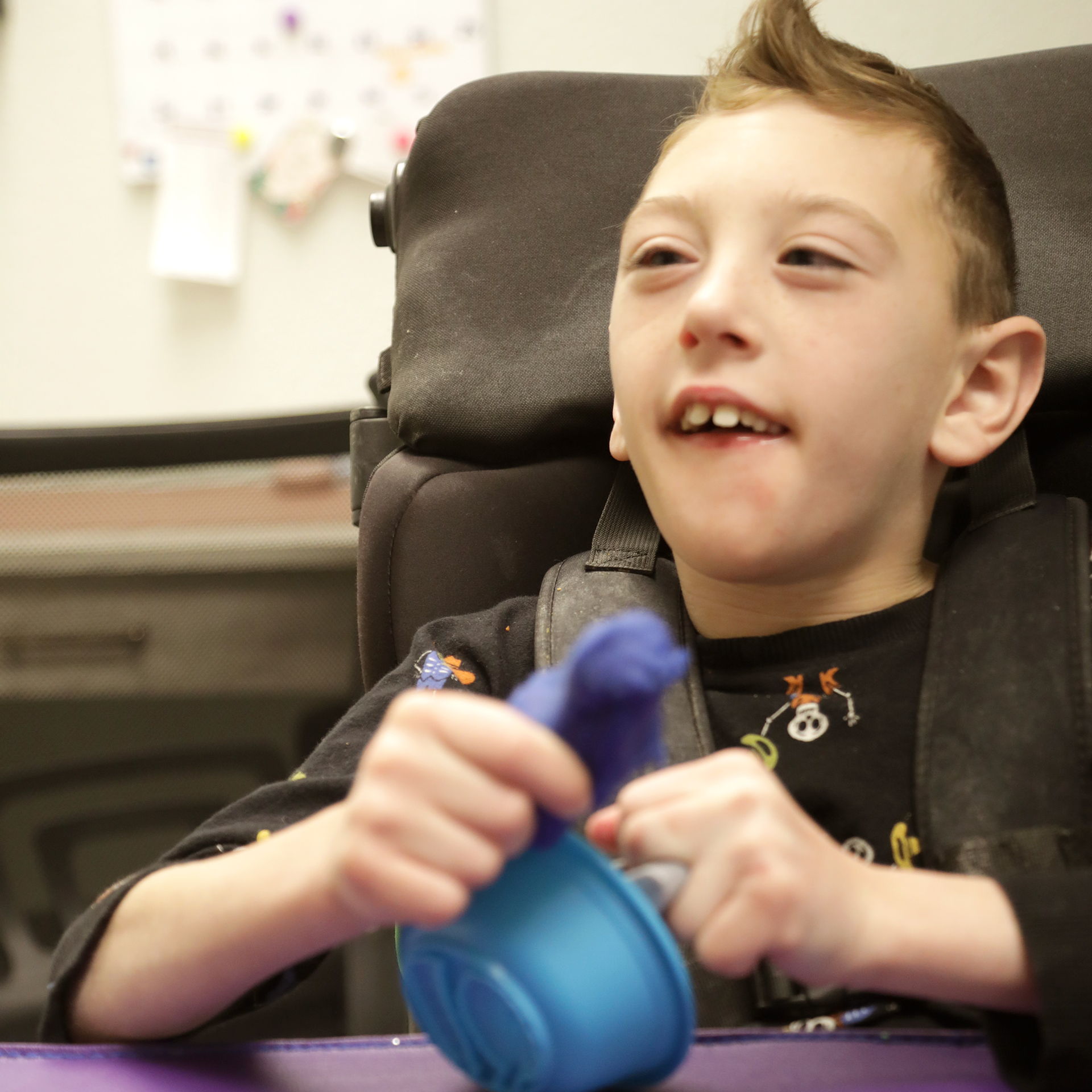
How Pediatric Therapy Helps Kids Thrive across Montana and Wyoming
A supportive guide for families exploring therapy options in Billings, Butte, Missoula or Sheridan.
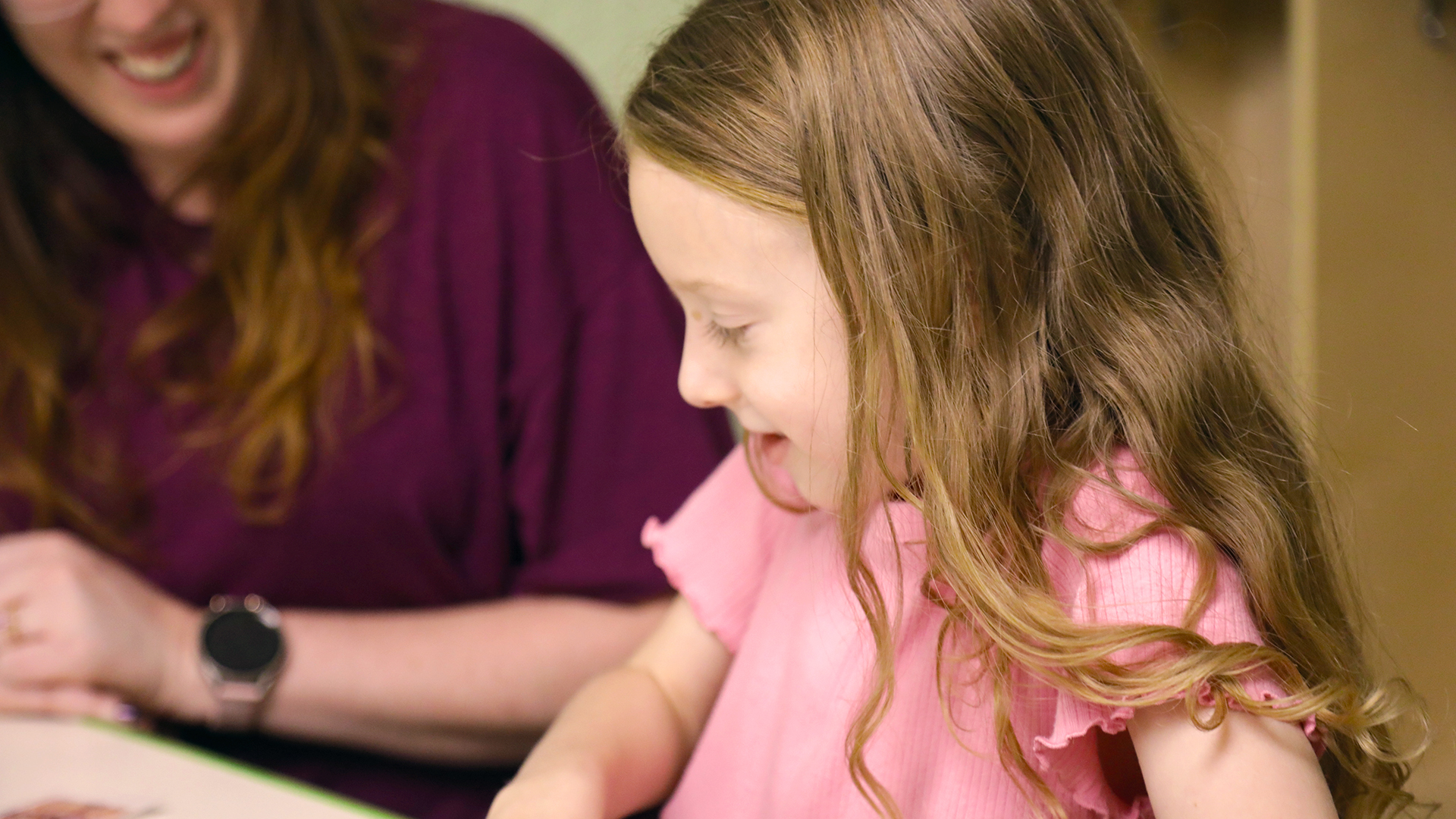
How to Choose the Right Pediatric Therapy Clinic in Billings, Montana
A Parent‑Friendly Guide To Finding The Best Support For Your Child

Expressive Speech Delay 2-Year-Old
Understanding and Addressing Expressive Speech Delay in Toddlers

